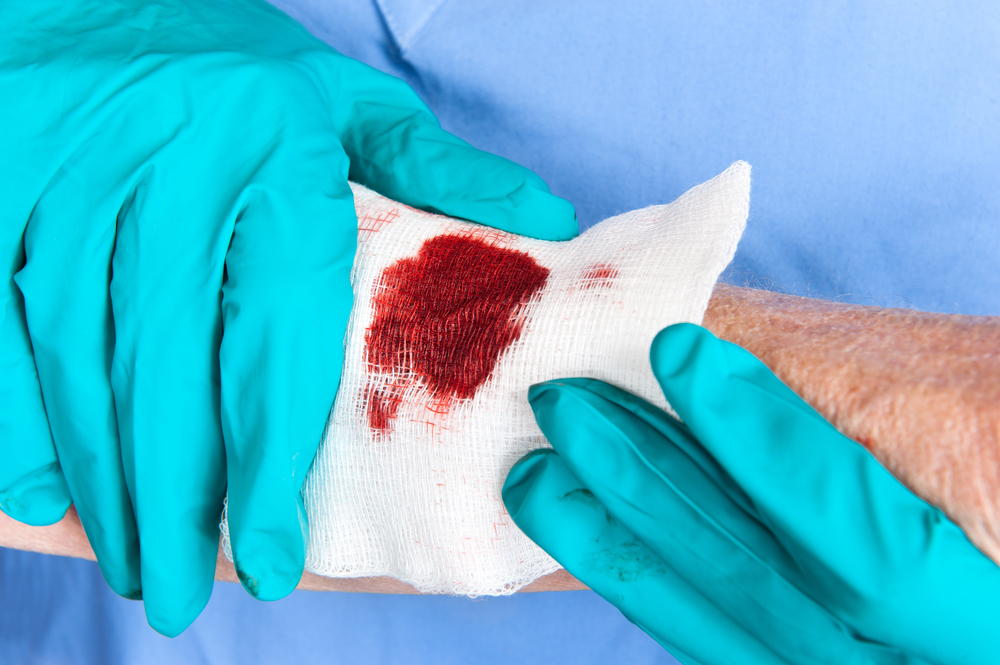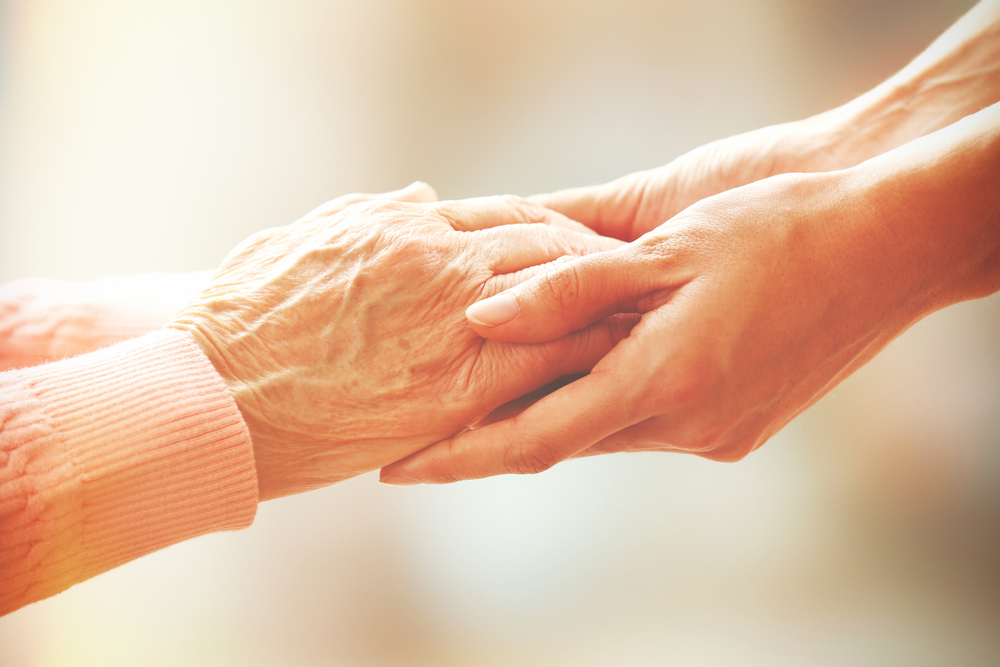Dental Medical Waste
Red Bags Blog Round Up – November 2018
Here’s what you missed on the Red Bags blog this month. November was a busy month for Red Bags on the news and best practices front. Here’s a quick rundown of the topics we’ve been discussing.
Read MoreManaging High School Chemistry Lab Waste
Administrators, teachers and high school students must be taught and held responsible for the safe handling and waste disposal of chemicals in their labs. Today’s education system is increasingly focusing on science, technology, engineering, and math to help children learn important skills needed to fill job vacancies of the future. While STEM education is a…
Read MoreCan Dried Blood Transmit Disease?
Blood is one of the most dangerous substances you can come into contact with. Here’s why you should never touch dried blood. Blood is one of the most dangerous substances a person can come into contact with. Whether you stumble upon blood in public or have witnessed an accident or crime scene, it’s critical to…
Read MoreNovember 1st Marks the 30th Anniversary of the Medical Waste Tracking Act. Here’s Why It’s Important
The medical waste community is recognizing a very significant anniversary in the history of waste disposal: the 30th anniversary of the Medical Waste Tracking Act.
Read MoreThe Red Bags October Blog Round Up – October 2018
ICYMI: amputated body parts, health literacy month, world hospice care and more… Here’s what you missed on the Red Bags blog this month…
Read MoreCrime Scene Cleanup
Biohazard and crime scene cleanup is actually more involved and not exclusive to crime scenes. Crime scene cleanup is different, yet similar to hospital medical waste cleanup, but the difference is it focuses on cleaning and sanitizing homes, businesses, and vehicles after homicides, suicides, industrial accidents, and other traumas.
Read MoreExposure to Bloodborne Pathogens: The Scary Facts
Frightening fact: unsafe practices and sharps injuries are still leading to transmission and exposure to bloodborne pathogens. What are bloodborne pathogens and why did OSHA create a formal standard to deal with the hazards? Bloodborne pathogens are an occupational hazard for healthcare workers and other employees who may be exposed to blood and other potentially…
Read MoreHow Do Generators Dispose of Amputated Body Parts?
Regulations governing medical waste are defined at a state, rather than a federal level. Adding yet a further level of complexity, authority for medical waste rules often comes from multiple agencies at the state level including state departments of health and environmental agencies. While you may be familiar with sharps waste and red bag waste,…
Read MoreOctober 13th is World Hospice and Palliative Care Day
World Hospice and Palliative Care Day is a unified day of action to celebrate and support hospice and palliative care around the world. World Hospice and Palliative Care Day is a unified day of action to celebrate and support hospice and palliative care around the world. Hospice caregivers offer guidance and support to help patients…
Read MoreOctober Is Health Literacy Month! Do You Know the ABCs of Medical Waste Disposal Agencies?
Health Literacy Month is a time for organizations and individuals to promote the importance of understandable health information. Red Bags helps healthcare facilities understand the ins and outs of medical waste and the agencies that govern the laws. Health Literacy Month is a time for organizations and individuals to promote the importance of understandable health…
Read MoreAt-Home Birth and Medical Waste
A home birth begets a crash course in DIY medical waste disposal. Here’s what you need to know. At-home births are becoming more popular amongst families for ease, comfort, and a familiar surrounding. Of course, with home births comes waste that is not exactly safe for regular household trash. Home birth professionals can help the…
Read MoreHazardous Waste at the Dentist, School Medical Waste, and More…
Here’s what you missed in medical waste news on the Red Bags blog this month.
Read More








